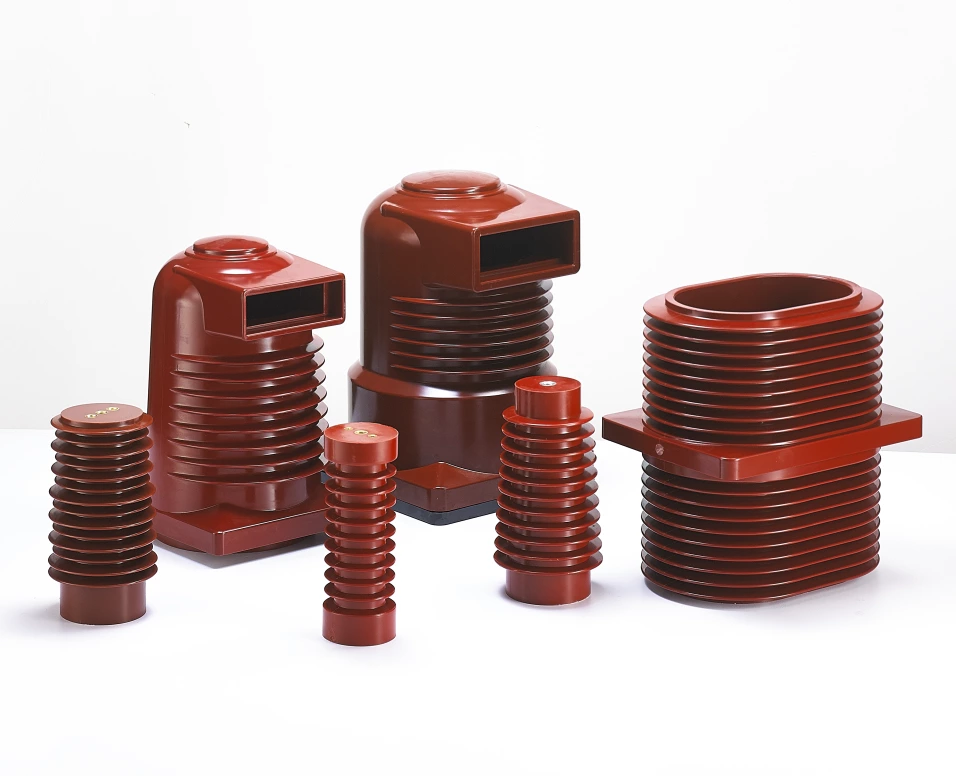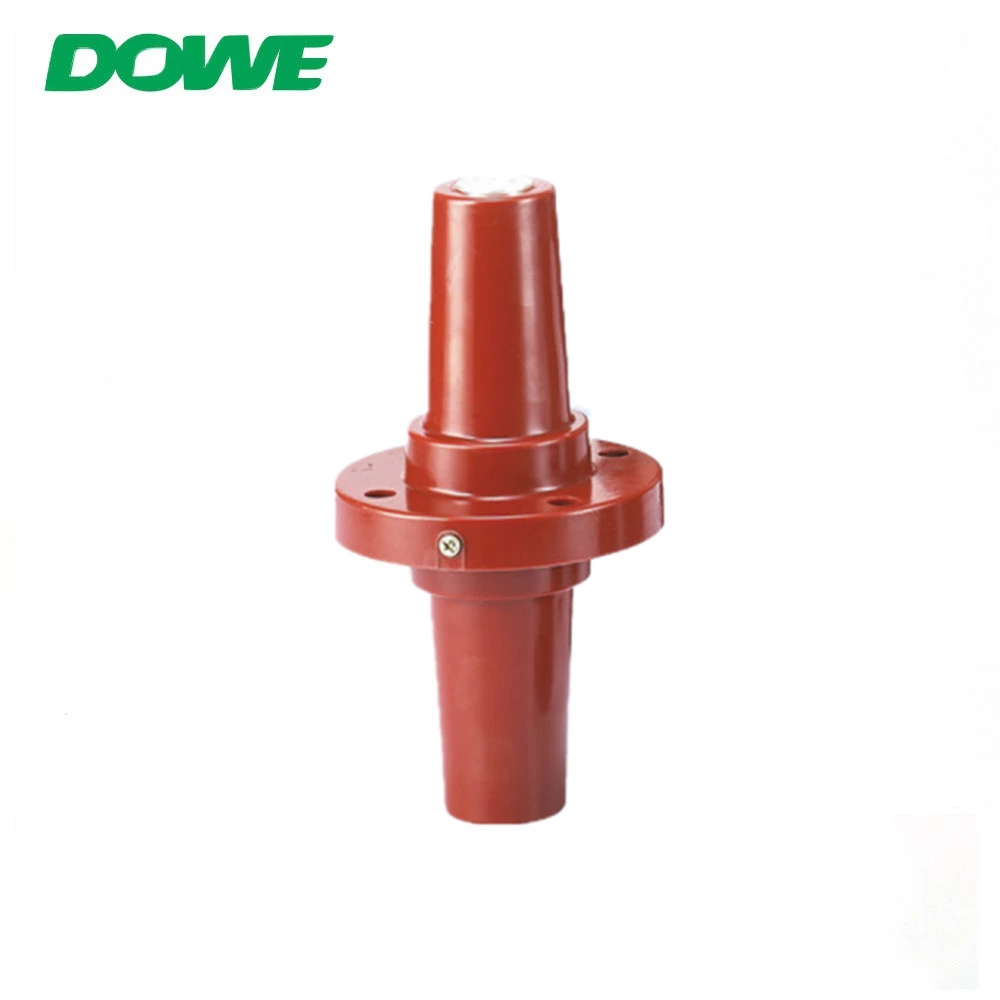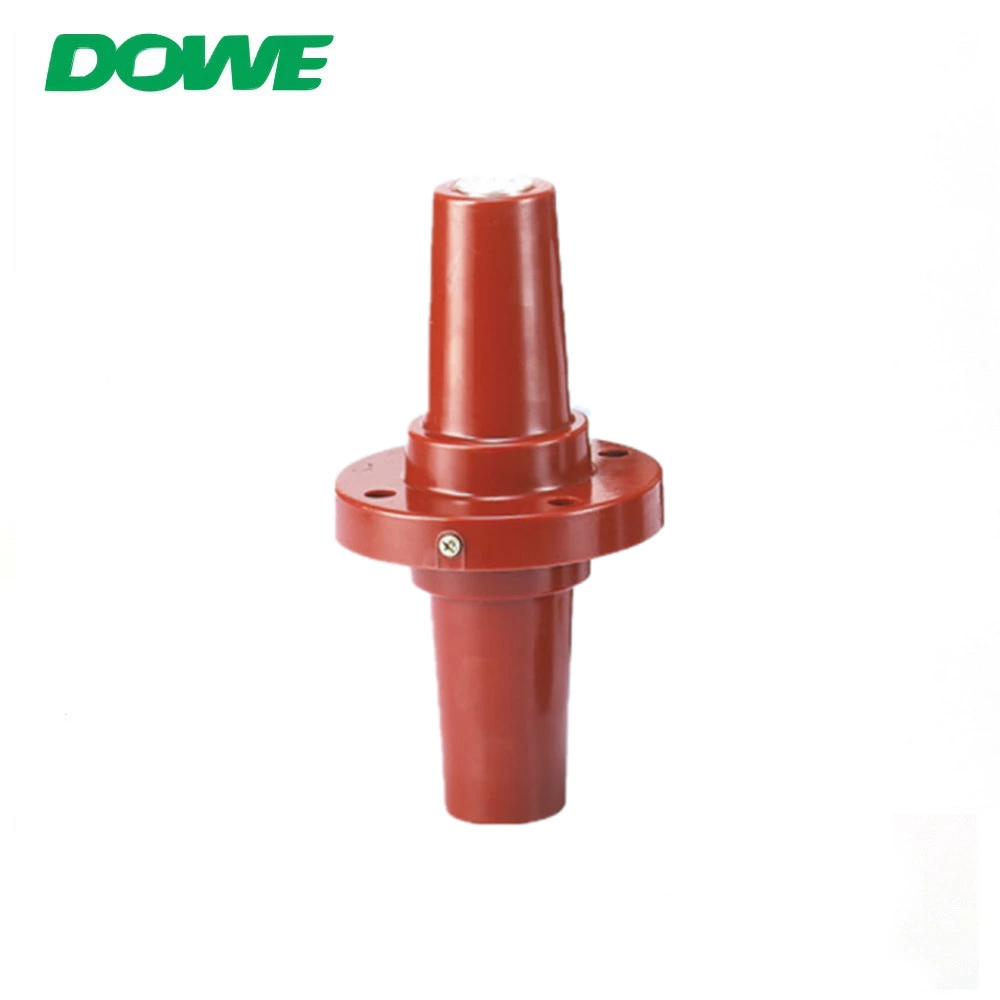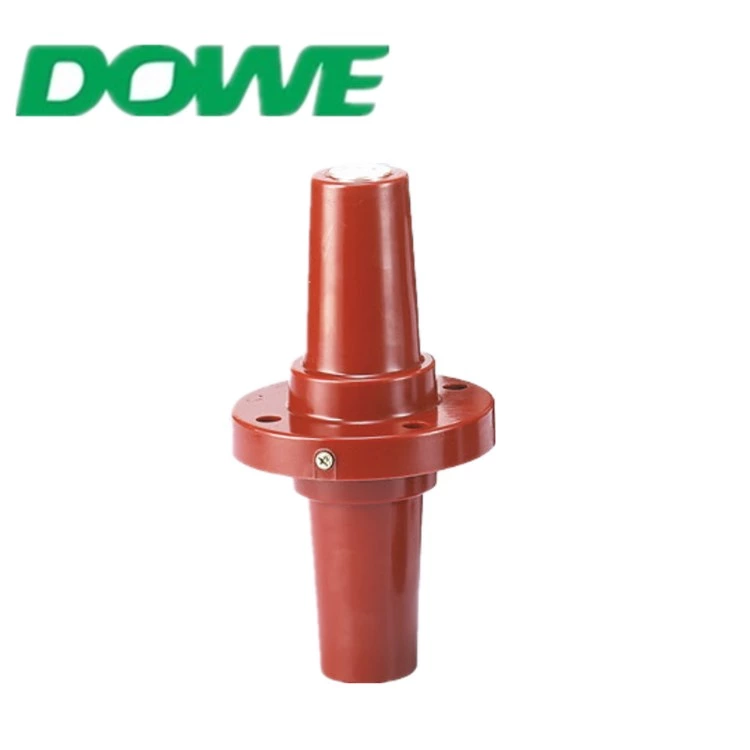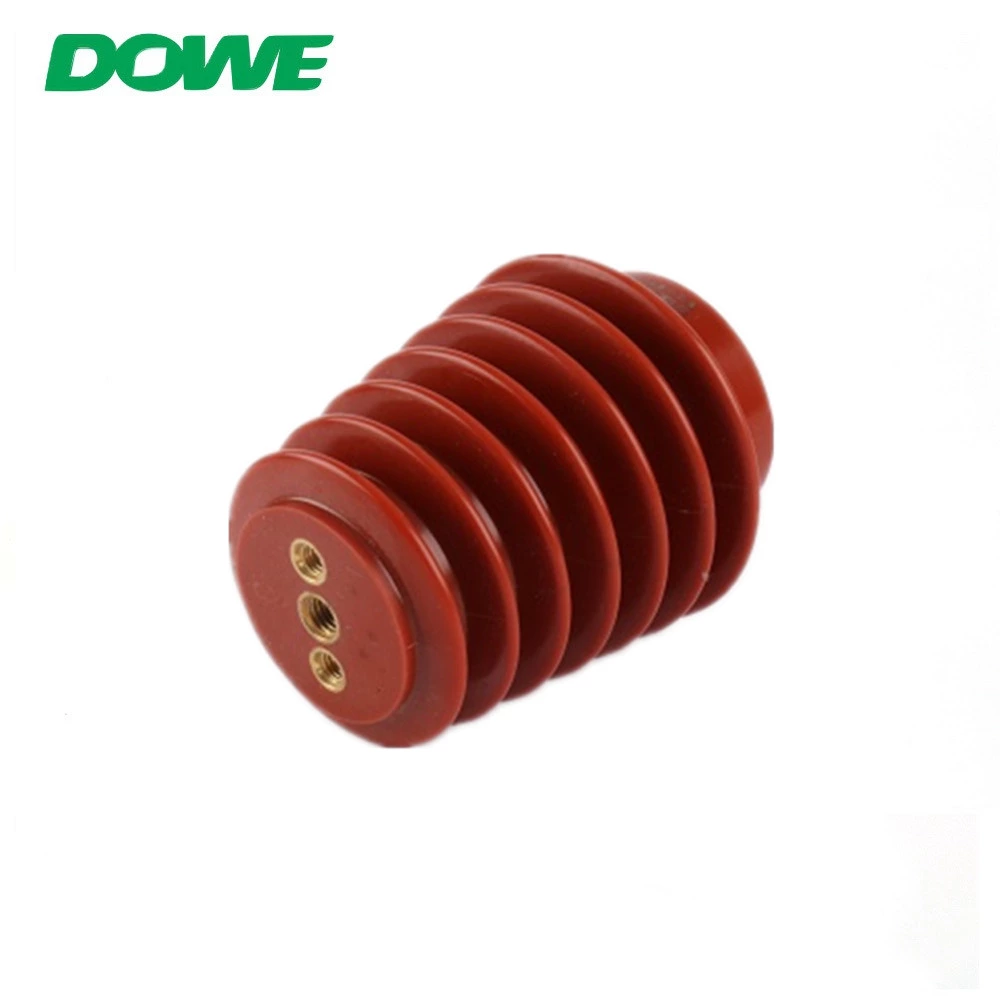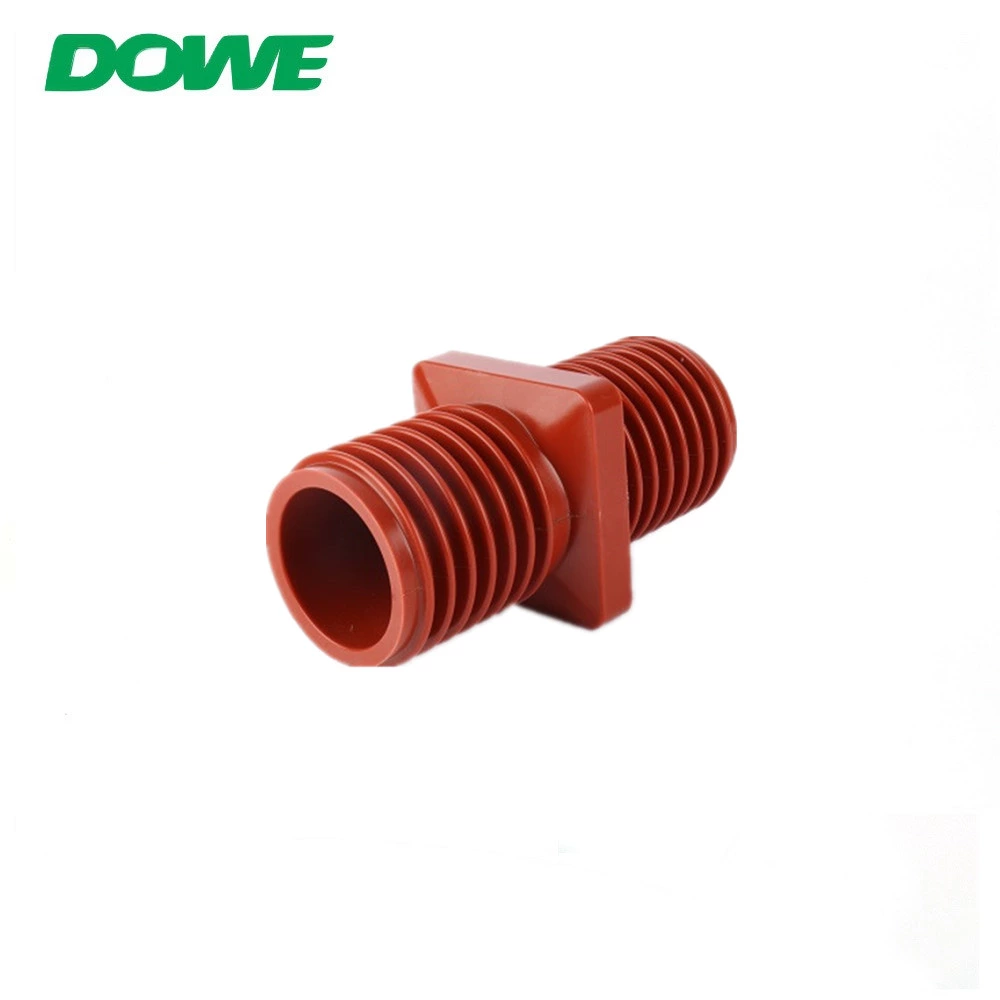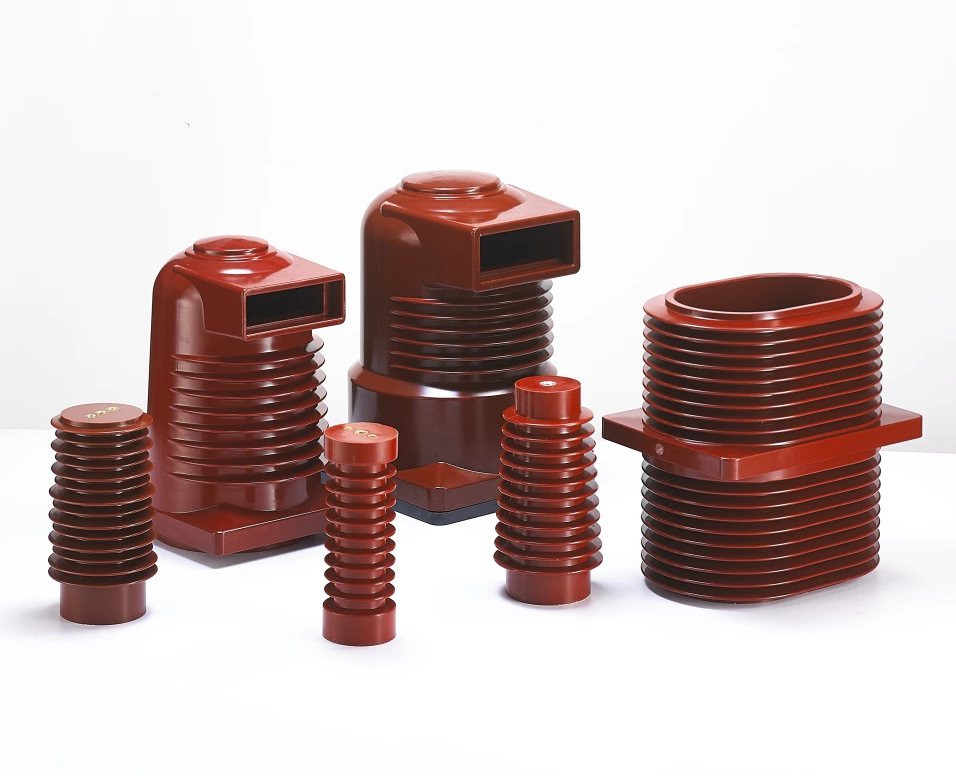What Are the Key Features to Look for in a Busbar Holder Insulator?

A poorly chosen busbar holder insulator can lead to system inefficiencies or failures. Understanding key features helps you make informed decisions.
The ideal busbar holder insulator offers high mechanical strength, excellent insulation properties, and compatibility with your system's specific requirements.
Choosing the right insulator ensures reliable performance and reduces maintenance costs, making it a critical decision for your electrical setup.
[Table of contents]
- Why is material selection critical for busbar holder insulators?
- How does mechanical strength affect performance?
- Why are certifications and standards important?
- Conclusion
Why is material selection critical for busbar holder insulators?
Material composition greatly impacts durability, performance, and cost. The right material enhances overall system reliability.
Busbar holder insulators are commonly made from high-quality thermoplastics or thermosetting materials1 to ensure mechanical and thermal stability.

Popular Materials for Busbar Insulators
| Material Type | Key Features | Applications |
|---|---|---|
| Thermoplastics | Lightweight, corrosion-resistant | Low to medium voltage systems |
| Thermosetting resins | High heat resistance, rigid structure | High voltage environments |
| Composite materials | Combined properties, versatile | Custom applications |
Selecting the material depends on voltage level, operating temperature, and environmental conditions.
How does mechanical strength affect performance?
Mechanical strength determines the insulator’s ability to handle load and withstand mechanical stress.
High mechanical strength2 prevents deformation and ensures long-lasting performance in demanding environments.
Look for insulators with tested load-bearing capacity and compliance with international standards to avoid premature failures.
Types of Mechanical Stress in Electrical Systems
- Static Stress: Long-term weight from components.
- Dynamic Stress: Impact from operational vibrations.
- Thermal Stress: Expansion and contraction due to temperature changes.
Testing for these stresses ensures the insulator will perform under diverse conditions.
Why are certifications and standards important?
Certifications guarantee the insulator meets global safety and performance benchmarks.
Certified busbar holder insulators3 comply with IEC, ANSI, or other industry standards, ensuring quality and safety.
Verify supplier claims with documentation and opt for products with recognized labels. This prevents issues like counterfeit certifications.
Conclusion
Choosing the right busbar holder insulator involves evaluating material, mechanical strength, and certifications to ensure safety and reliability.
-
Explains the common materials used for busbar holder insulators and their advantages for specific setups. ↩
-
Provides insights into the significance of mechanical strength for long-term durability and reliability. ↩
-
Details the importance of compliance with certifications like IEC and ANSI for product quality and safety. ↩

